Introduction
Mustard is a staple sauce on some foods, such as hot dogs or some types of steaks. But can dogs eat mustard? Is it harmful to them? What should you do if your dog accidentally ate some mustard?
We’re giving you all the answers to these questions and more in today’s article, so keep on reading!
Is Mustard Good for Dogs?
No. It might seem completely harmless, but mustard is actually not safe for dogs in any way, shape, or form. Dogs can exhibit a number of symptoms after ingesting mustard sauce, especially if they have done so in large amounts.
Moreover, some types of mustard can be more dangerous than others, but we will go into more detail in the sections below.
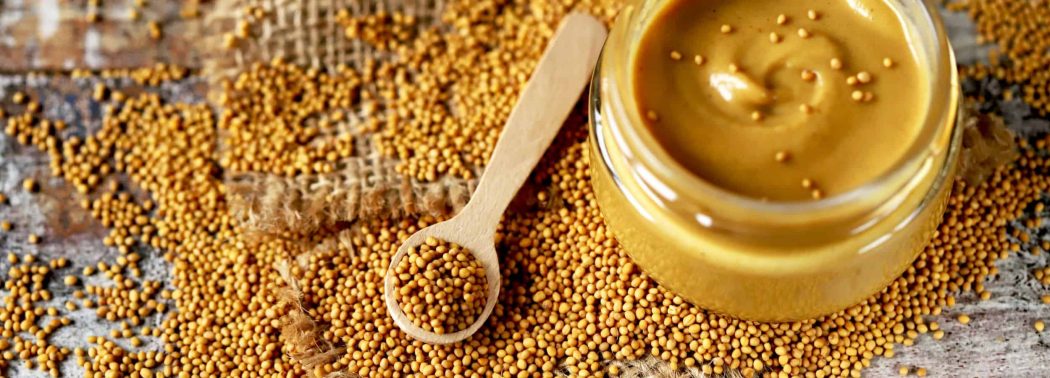
Is Mustard Bad for Dogs?
Mustard is not recommended for pets, in general, and dogs in particular as mustard seeds are toxic and are known to cause a variety of complications.
That does not mean that very small amounts are lethal, but that this type of food should never make up a big part of your dog’s diet. In fact, even giving it to your dog as a snack (a tiny lick on occasion) isn’t considered safe. Here are several other reasons why you shouldn’t give your pet any mustard.
Salt
Almost no one these days makes their own mustard at home, so pet parents do not have any control whatsoever over the ingredients that commercial varieties contain.
Salt is never a good idea for dogs, and that’s because that in time, it can lead to serious cardiovascular health complications.
Garlic and onion
As you might know by now, there are many types of mustard and mustard combinations available for sale. This means that some varieties can also contain a range of condiments, including garlic and onion.
These two are quite toxic to dogs and in some cases, they can lead to severe anemia. For this reason, commercial mustard is a no-go.
Artificial additives
These are other ingredients that can now be commonly found in store-bought mustard and they range from binders, artificial colors, artificial flavors, and a variety of other such additions.
The reason we are mentioning them here is that many are carcinogenic, which means that with consistent exposure to them, your dog could develop cancer when he or she becomes older.
How Much Mustard Can My Dog Eat?
We mentioned that a very small quantity of mustard could be safe for some dogs, but we can’t give you a specific amount. This is also because dogs tend to vary a lot when it comes to their size, but they might also be more or less predisposed to various health conditions.
One lick per month could be considered safe for most dogs, but depending on the ingredients the mustard variety contains, even this quantity could be dangerous.
Symptoms Your Dog Can Show if He Ate Mustard
Most of the clinical signs that a dog can show after eating mustard are related to their gastrointestinal system. As such, they can experience the following symptoms:
- Vomiting
- Diarrhea
- Bloating
- Abdominal pain
These health issues are a result of the mustard seeds per se as they contain glucosinolates, which are toxic to dogs.
What to Do if Your Dog Ate Mustard
If your dog ate half a tub of mustard, you should contact your veterinarian right away. You have no way of knowing how your dog’s condition will progress in the following hours, which is why getting veterinary assistance is the best way of going about things.
On the other hand, if your dog ate only a tiny amount of mustard, you can expect the symptoms highlighted above.
Although we do not necessarily recommend helping your dog to vomit at home, in some cases, if your vet recommends it, you might have to do it.
You can use a 3% solution of hydrogen peroxide and administer it to your dog by using a syringe (without the needle) orally, on the sides of their mouth. It usually takes less than 15 minutes for hydrogen peroxide to do its job and make your dog vomit.
However, what we’d like to note is that using this method is strictly recommended right after you’ve discovered your dog ate mustard.
Otherwise, you should take your pet to the animal hospital, where the vet might use activated charcoal or safely try to make your dog vomit, administer IV fluids and monitor your dog’s condition for at least 24 hours.

Frequently Asked Questions
No. Like any other type of mustard, the sauce is just as dangerous as it not only contains the seeds themselves, but also a number of extra ingredients that dogs aren’t supposed to have, whether flavorings and spices, garlic powder, or onion powder.
No. In fact, the seeds are the most toxic part of the mustard plant.
While the answer to this question is also no, the truth is that potato salad rarely contains very high amounts of mustard. It’s actually richer in other types of sauces, such as mayonnaise or even vegetable or olive oil. This might also mean that potato salad to which mustard was added is less dangerous than the mustard itself, but you can never be too sure, so take your dog to the vet if this has happened.
Summary
Mustard is not considered safe for dogs under any circumstance. Mustard seeds are dangerous and can cause a whole range of digestive complications in most dogs, regardless of their age, gender, or other factors.
Sources
- The Curious Case of the Field Mustard (Brassica rapa), Soh Weijing, 2020
- Suspected Oriental Seed Poisoning in Cattle, Souleh S. Semalulu and Colin Rousseaux, 1989
- Glucosinolates as Undesirable Substances in Animal Feed, Jan Alexander, Guðjón Atli Auðunsson, Diane Benford, 2007
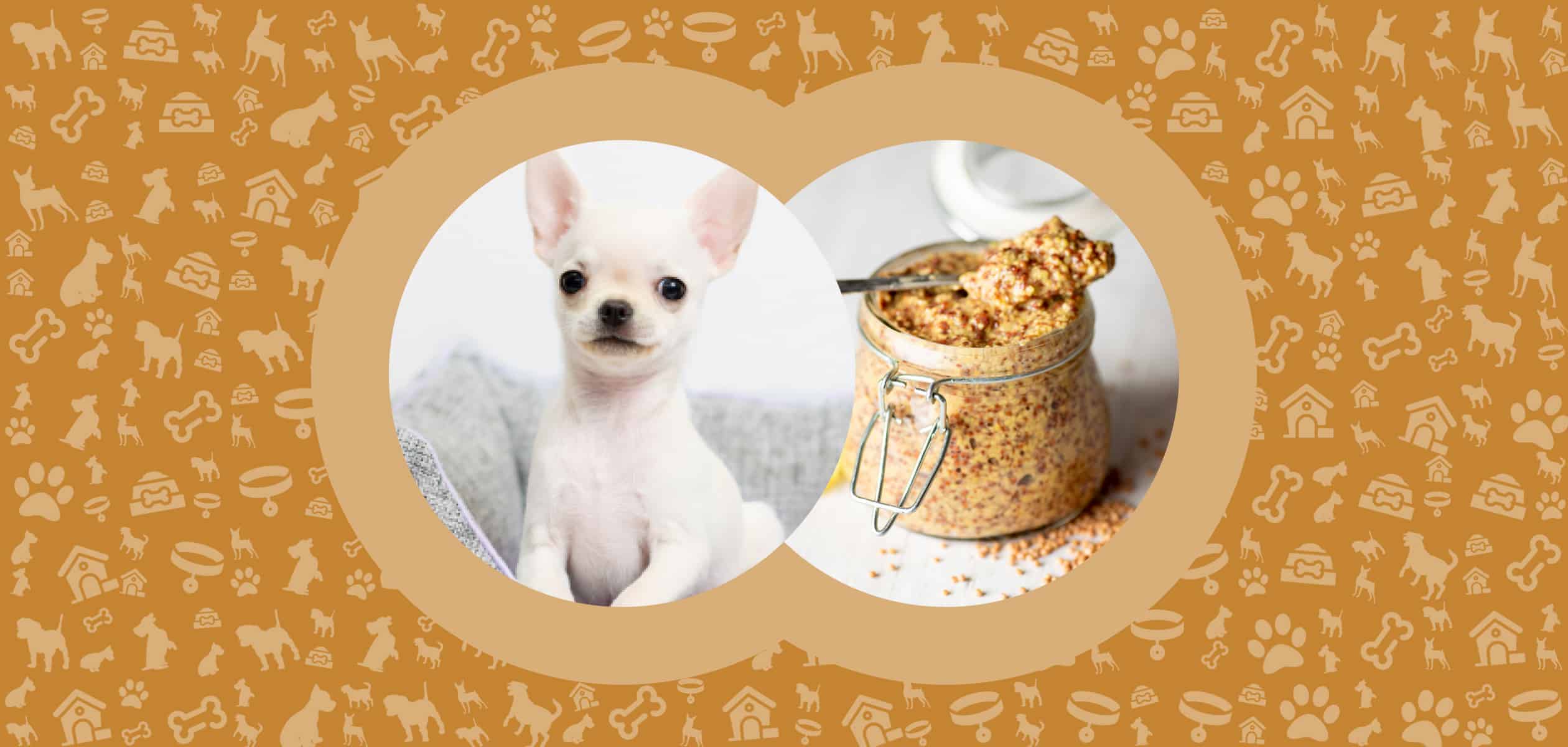
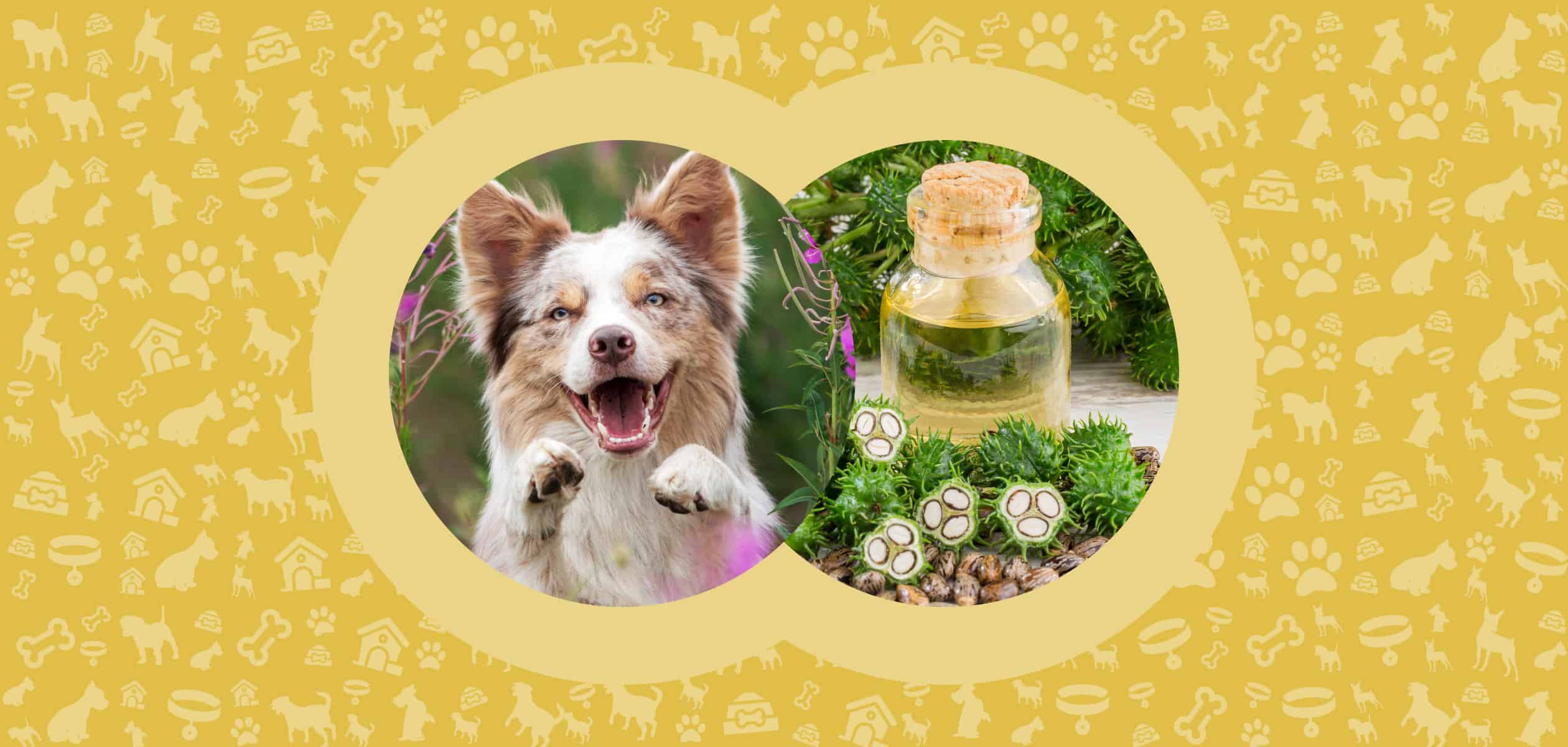

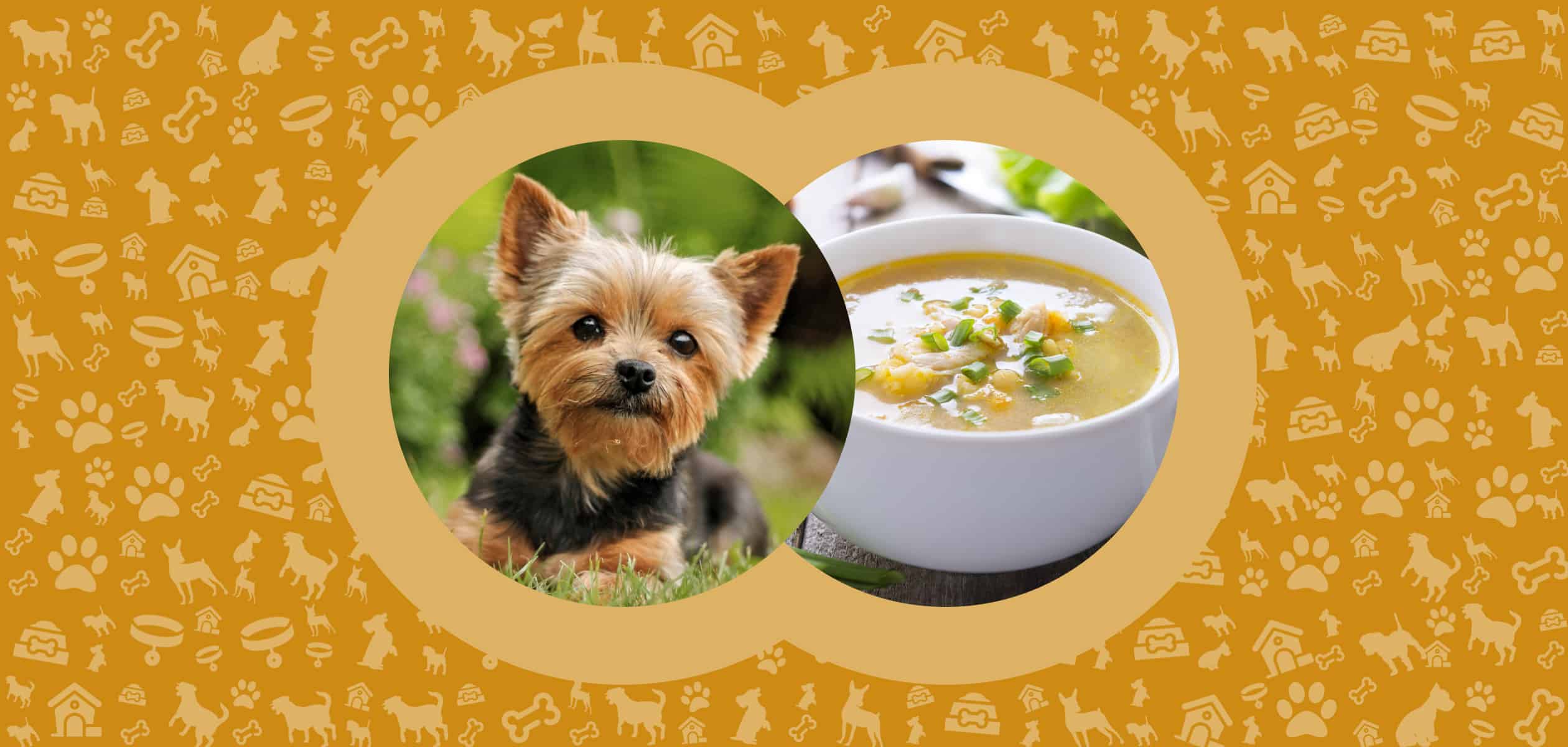
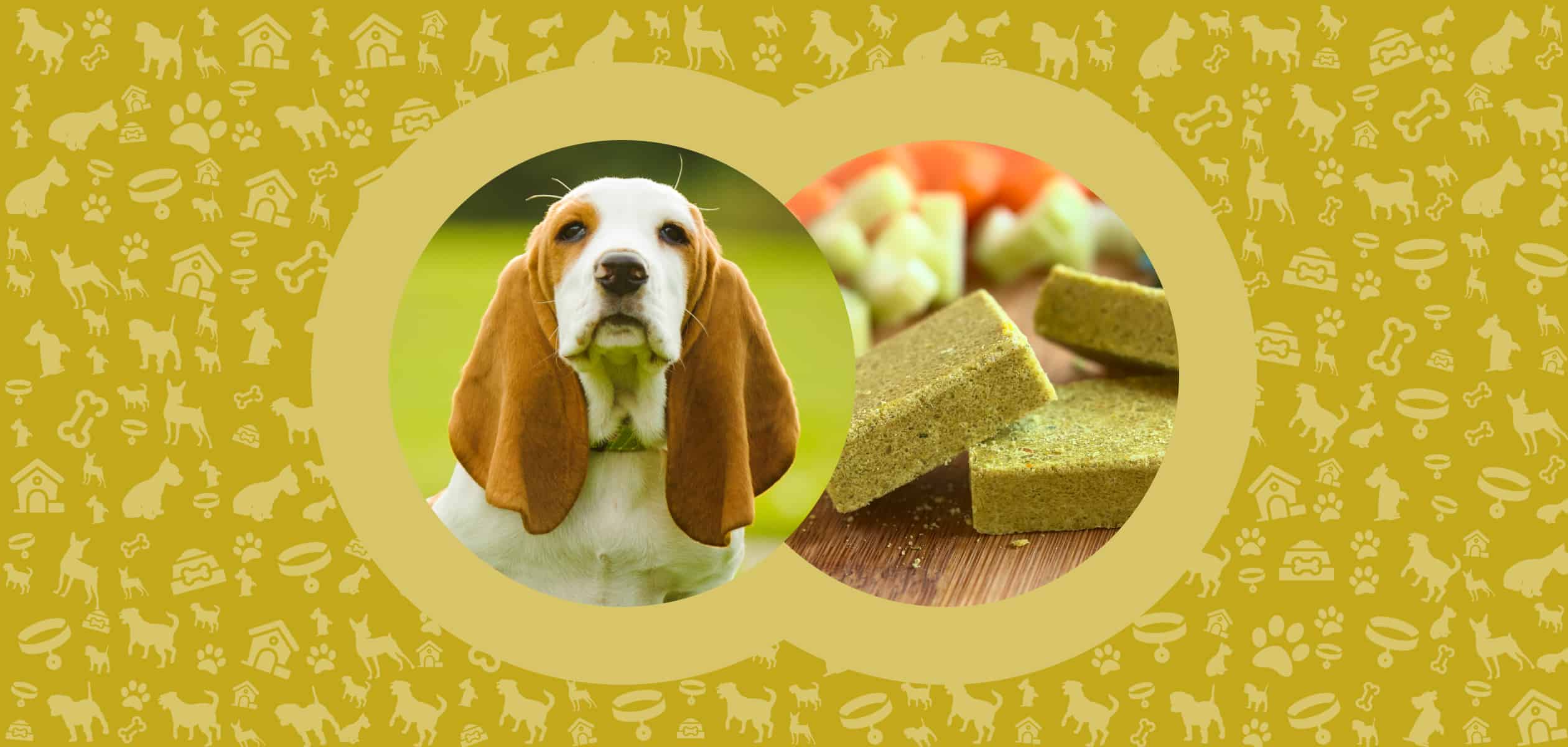
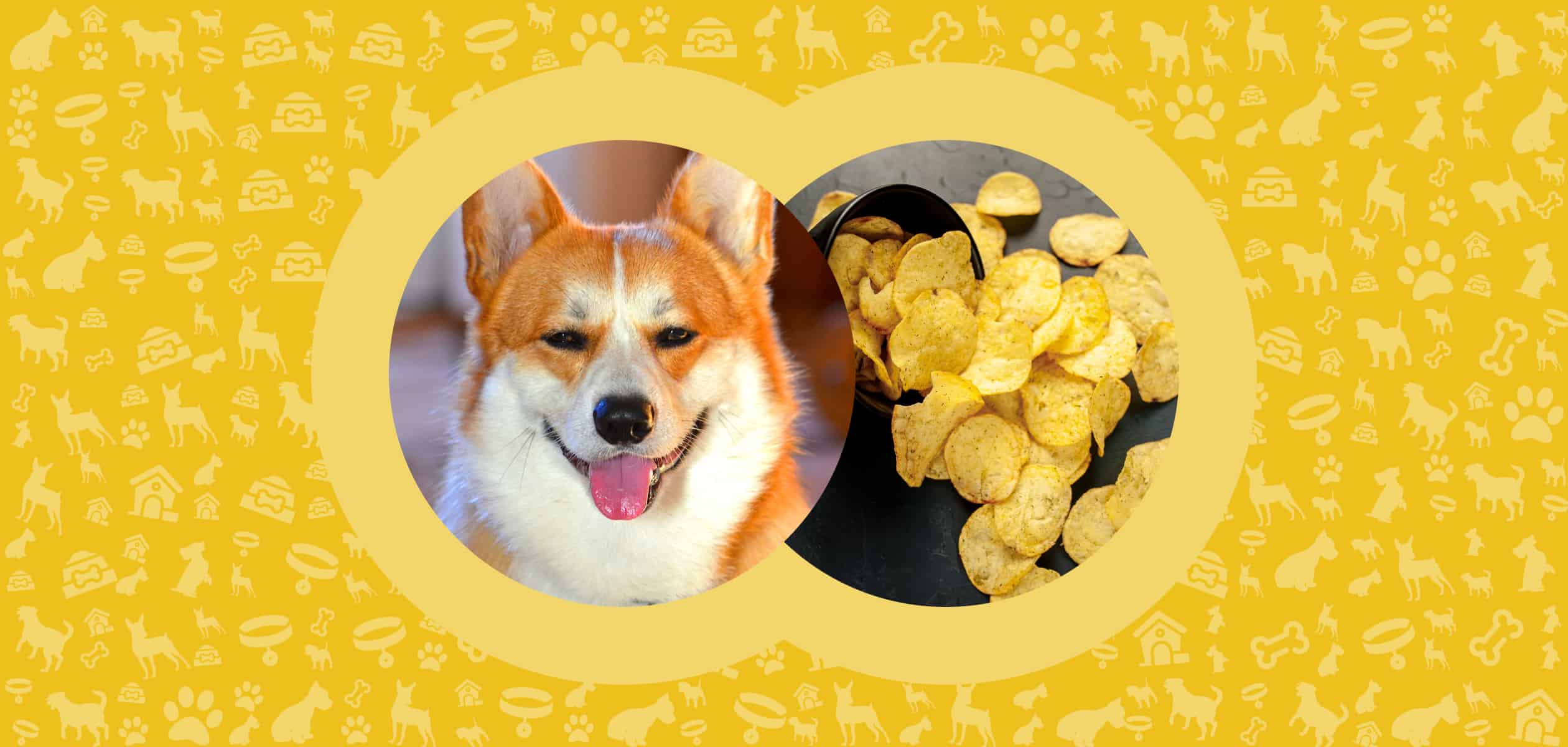
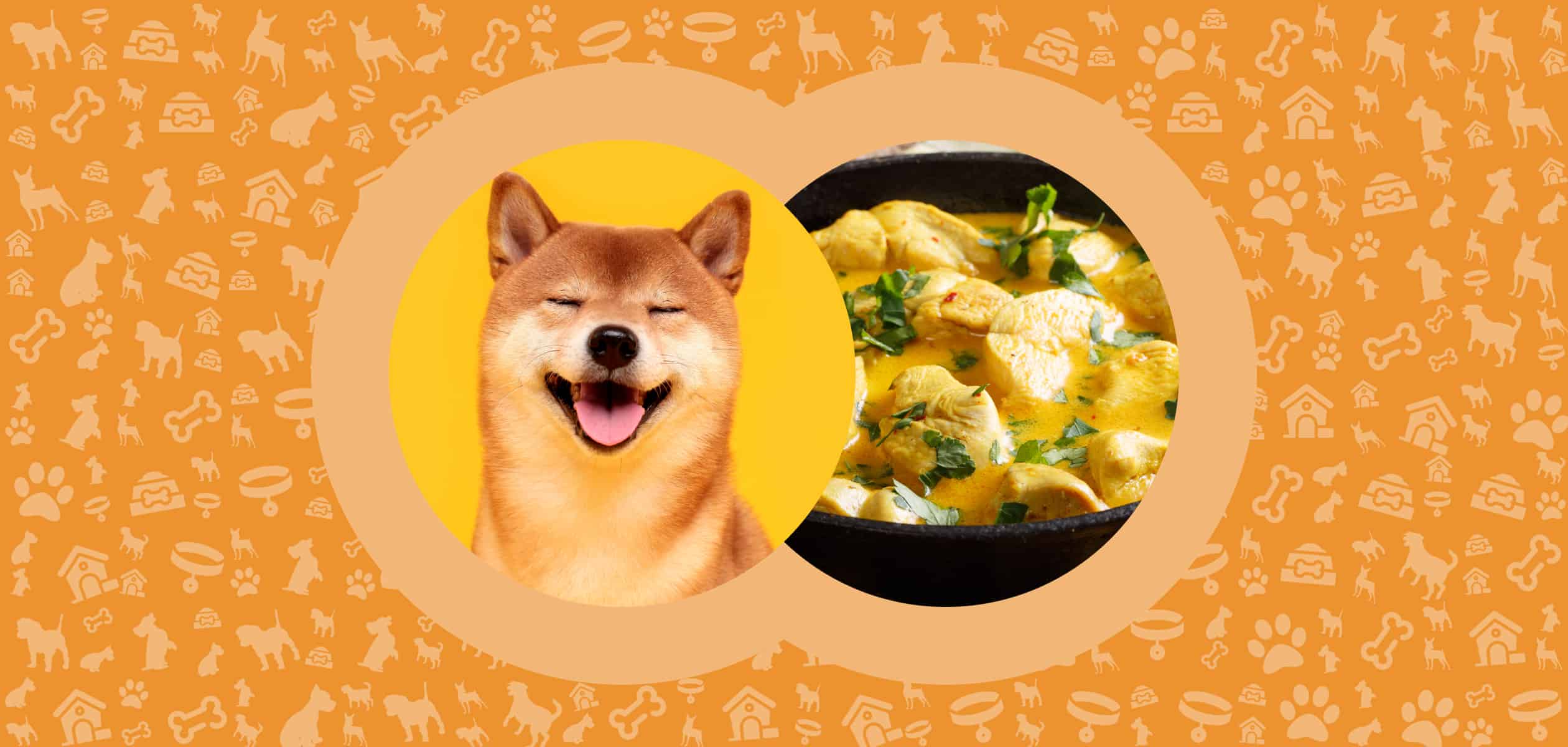
Leave a Comment